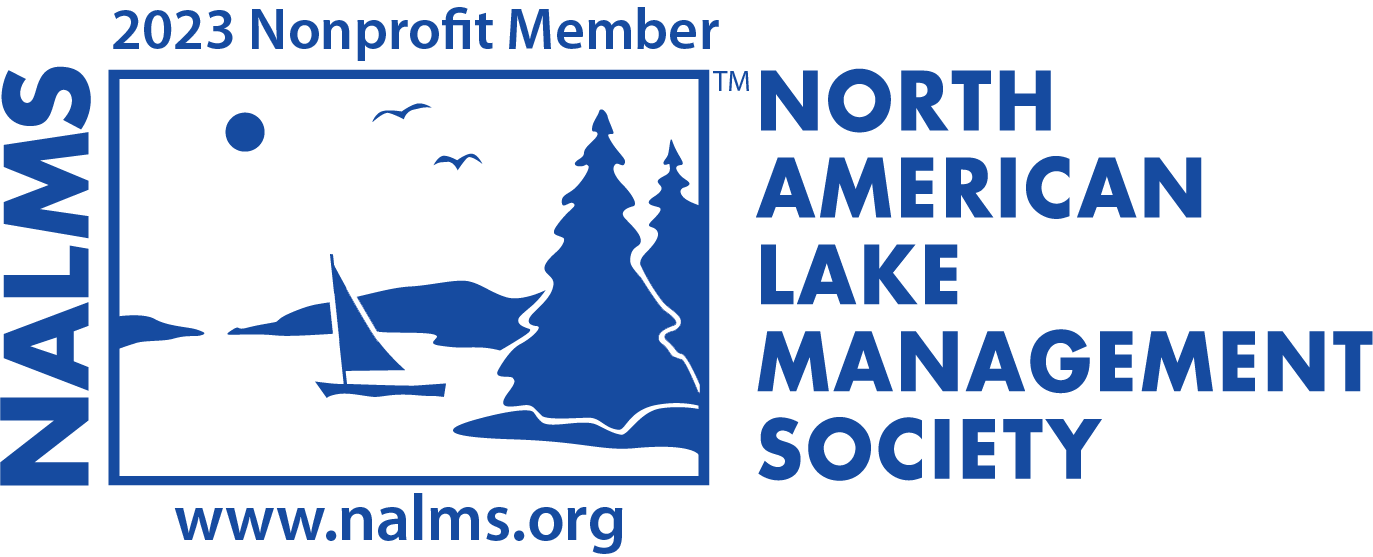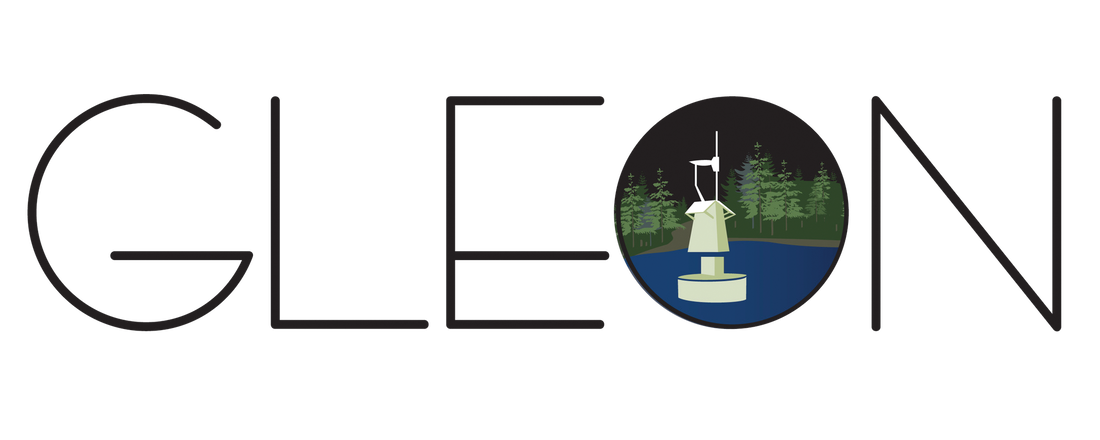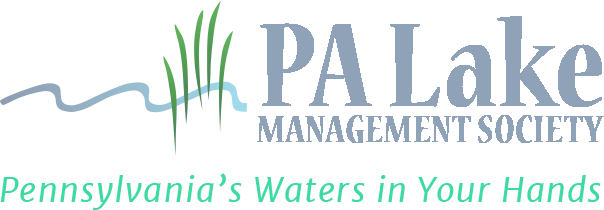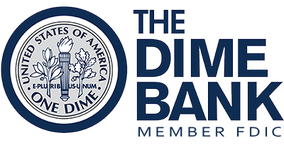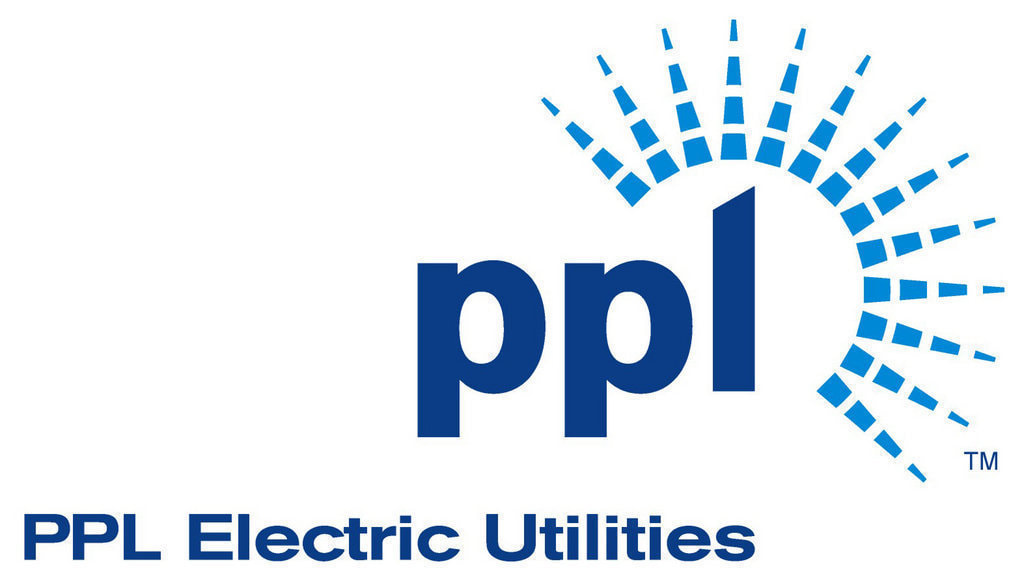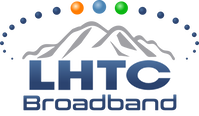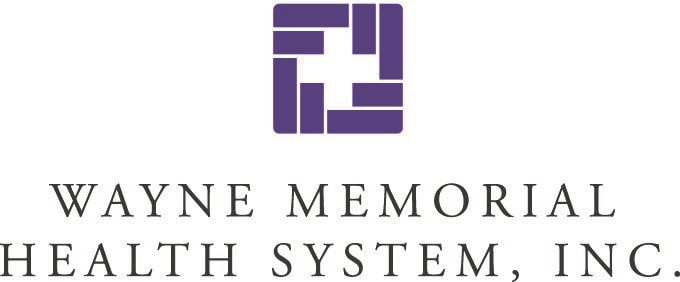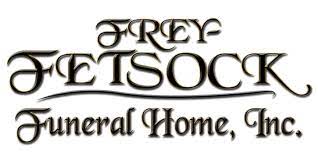Research Grants at Lacawac
Lacawac is committed to supporting primary scientific research. Thanks to the generosity of the Watres and Moeller families, we are able to offer research grants to faculty, post-docs, graduate students and undergraduate students. The Robert Estabrook Moeller Research Fellow Award and the Isabel and Arthur Watres Student Research Award funds scholars conducting research that incorporates Lacawac's natural resources.
Applications for both opportunities are accepted on a rolling basis. Review of applications begins April 15th of each year. See below for details, previous awardees, and to apply!
Applications for both opportunities are accepted on a rolling basis. Review of applications begins April 15th of each year. See below for details, previous awardees, and to apply!
Robert Estabrook Moeller Research Fellow Award
Lacawac is now accepting applications for the 2025 R.E. Moeller Research Award
Applicants can be graduate students, post docs, or faculty. Preference will be given to scholars who are new Lacawac users or are starting new projects, and who request funding to cover Lacawac lodging, lab, and/or boat fees. Awards are up to $5,000 but are generally ~$2,500.
2024 R. E. Moeller Fellows
|
David Velinsky, Professor, Biodiversity, Earth and Environmental Science, Drexel University
Impact of Freshwater Mussels on the Food Web Structure of Lake Lacawac: Use of Stable Isotope Systematics Dr. Velinsky obtained a BS Degree from the Florida Institute of Technology in Oceanography with a minor in Chemistry and was awarded his PhD degree from Old Dominion University in Chemical Oceanography. Dr Velinsky has been studying the movement and cycling of carbon, nitrogen, and phosphorus in estuarine and freshwater environments in the mid-Atlantic region and uses methods of stable isotope biogeochemistry to understand environmental change over time with modern and historic samples. A focus of his work are aspects of water quality and wetland ecosystem services relative to climate impacts in the Delaware and Barnegat Bays. He is a member of the Advisory Committee on Climate Change and the Toxics Advisory Committee at the Delaware River Basin Commission and a member of the Science Advisory Board for the State of New Jersey. Alexandra Bros, Pocono Lake Ecological Observatory Network
Regular Monitoring of a Highly Recreational Northeastern PA Lake Shows Low, Yet Persistent Toxicity in the Presence of Harmful Algal Bloom Visual Cues With three field seasons on lakes in the Pocono Mountains through PLEON, Alex has expertise in Pocono lake limnology, community science program maintenance and execution, and water quality monitoring in PLEON freshwater lakes. She is interested in lake dynamics, harmful algal blooms, eutrophication, and human impacts on freshwater systems. |
Isabel and Arthur Watres Student Research Award
Lacawac is now accepting applications for the 2024 Isabel and Arthur Watres Student Research Award
Applicants can be undergraduate students at any stage of their degree program. Students must be advised by a faulty member, graduate student, or post-doc. Preference will be given to scholars who are new Lacawac users or are starting new projects, and who request funding to cover Lacawac lodging, lab, and/or boat fees. Awards are up to $500 but are generally ~$250.
2020 A. Watres Student Research Fellows
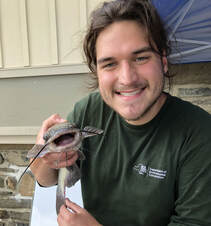
Benjamin Harris, Bard College
Advisor: Robyn Smyth, Bard College
Assessing phytoplankton of the surface and deep chlorophyll maxima of Lake Lacawac








